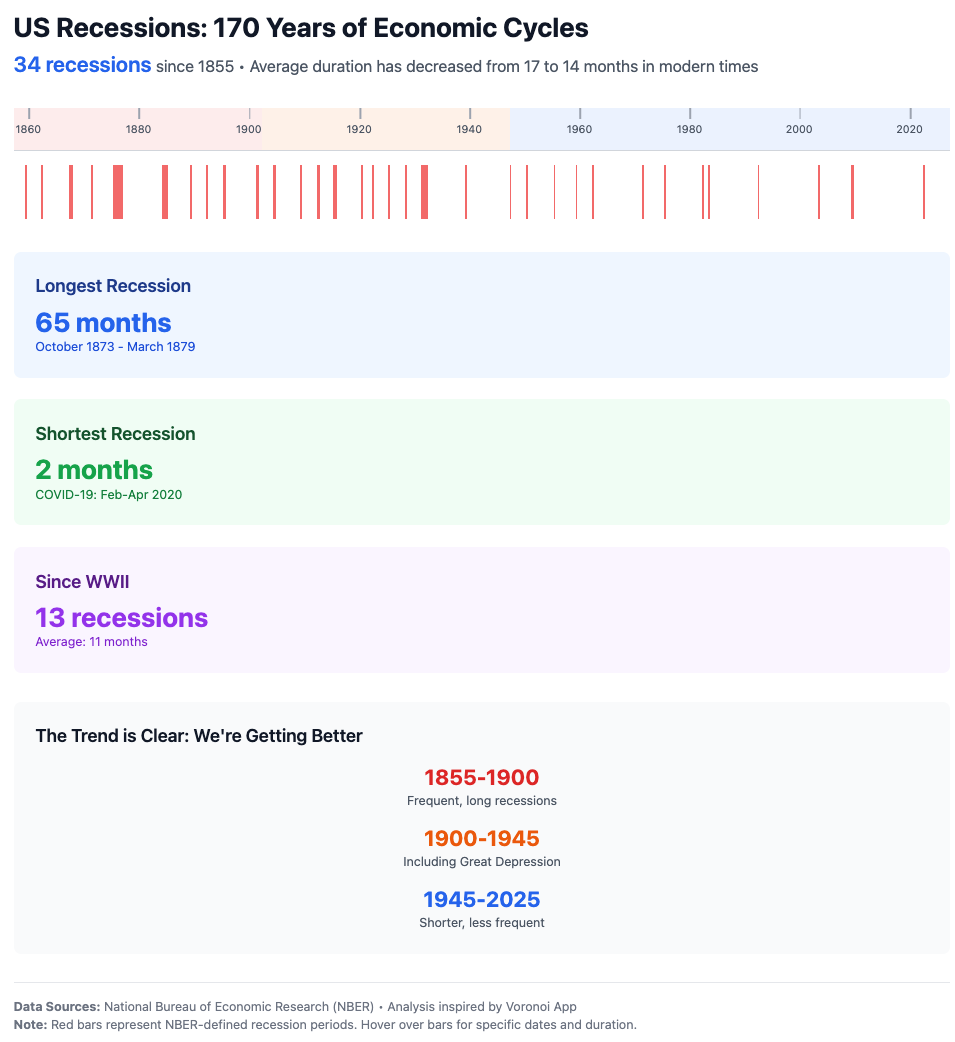Managing Deferred Compensation, RSUs, and Stock Options
- Anatoly Iofe

- Nov 21, 2024
- 5 min read

C-suite executives often face unique challenges when managing complex compensation packages, including deferred compensation, restricted stock units (RSUs), and stock options.
These forms of compensation can create significant wealth but also come with risks, such as tax implications, market volatility, and overexposure to employer stock. A well-rounded strategy can help reduce risks, optimize taxes, and ensure long-term financial security.
Tax Planning for Deferred Compensation
Strategic tax planning is essential for minimizing liabilities associated with deferred compensation, RSUs, and stock options. Key considerations include:
Timing Distributions: Align distributions with lower-income years, such as during retirement, to reduce tax exposure.
Tax-Efficient Strategies: Use tax-advantaged vehicles, like charitable remainder trusts or donor-advised funds, to offset the tax impact of large distributions.
Equity-Specific Taxation: Plan for the taxation of RSUs at delivery and consider strategies to manage tax on the appreciation of stock options. For incentive stock options (ISOs), be mindful of alternative minimum tax (AMT) implications.
Compliance with Section 409A and Equity Regulations
Deferred compensation plans must adhere to strict IRS rules under Section 409A, and equity awards may be subject to additional regulatory requirements. Non-compliance can result in immediate taxation, penalties, and interest charges. Steps to ensure compliance include:
Regularly reviewing deferred compensation plans and equity award agreements for adherence to regulations.
Ensuring elections for deferrals and distributions are made within the required timelines.
Consulting with financial and tax advisors to navigate complex compliance and tax laws.
Optimizing Stock Options

Stock options, whether incentive stock options (ISOs) or non-qualified stock options (NSOs), offer significant upside potential but come with complexities.
Incentive Stock Options (ISOs): ISOs have tax advantages, as gains are taxed at the lower capital gains rate if certain conditions are met. However, they may trigger the Alternative Minimum Tax (AMT) when exercised. Careful planning is needed to balance AMT exposure with long-term benefits.
Non-Qualified Stock Options (NSOs): NSOs are taxed as ordinary income at exercise, making timing crucial. A staggered exercise approach can help spread out taxes and avoid pushing you into a higher tax bracket.
Exercise Timing: Timing your option exercises when the market valuation is low can reduce your taxable income. In some cases, early exercise may allow you to take advantage of lower taxes while starting the capital gains holding period sooner.
Cashless Exercise: For executives with liquidity concerns, a cashless exercise allows you to sell some of your shares to cover the cost of exercising and any associated taxes.
Managing RSUs
Restricted Stock Units (RSUs) typically vest over time, providing an opportunity to accumulate wealth. However, they also come with unique challenges.
Tax Management: RSUs are taxed as ordinary income upon vesting, based on the stock’s value at that time. To avoid large tax bills, consider using a “sell-to-cover” strategy, where a portion of the vested shares is sold to cover taxes.
Diversification: Once your RSUs vest, you can sell the shares and reinvest the proceeds in other asset classes, such as bonds, real estate, or mutual funds. This reduces your reliance on employer stock and helps diversify your portfolio.
Holding for Capital Gains: If you believe your company’s stock has strong growth potential, you might hold onto vested RSUs beyond the vesting date. After a year, any gains are taxed at the lower capital gains rate instead of as ordinary income.
Charitable Contributions: If you have philanthropic goals, donating appreciated RSU shares to charity can provide a tax deduction while avoiding capital gains taxes.
Proper RSU management helps you maximize your wealth while addressing tax and concentration risks.
Mitigating Concentration Risk
Many executives have a large portion of their wealth tied to their employer’s stock. This concentration risk can expose you to market downturns or company-specific issues. Hedging strategies provide a way to protect your wealth.
Protective Puts: Buying a put option allows you to set a minimum price for your stock. If the stock price drops below this level, the put option increases in value, offsetting your losses.
Collars: A collar combines a protective put with a covered call. This strategy limits your downside risk and generates income from the sale of the call option, although it caps the upside potential.
Exchange Funds: By contributing your stock to a pool with other executives, you can exchange it for a diversified portfolio of assets without triggering a taxable event. This reduces concentration risk while maintaining long-term growth potential.
Prepaid Variable Forward Contracts: This approach lets you monetize your stock by receiving an upfront payment while agreeing to deliver shares in the future. It provides liquidity and defers taxes until the contract is settled.
By managing concentration risk, you can achieve a more balanced portfolio that aligns with your long-term goals.
Payout Strategies for Deferred Compensation
Choosing the right distribution schedule is critical to managing your deferred compensation efficiently.
RSUs: Understand the vesting schedule and plan for the tax implications at the time of vesting, as RSUs are taxed as ordinary income when they are delivered. Deferring the sale of shares after vesting may offer capital gains advantages but introduces market risk.
Stock Options: Evaluate the timing of exercise to balance tax outcomes and market conditions. Exercising options in lower-income years can reduce tax liability, while holding exercised shares longer can allow for capital gains tax treatment.
Next Steps: A Tailored Action Plan

Initial Review: Assess your total compensation package, including deferred compensation, RSUs, and stock options. Identify risks, opportunities, and key financial goals.
Scenario Modeling: Present simulations showing the impact of different market conditions, tax scenarios, and distribution schedules.
Strategy Development: Tailor hedging, diversification, and tax strategies to meet your unique needs.
Collaboration: Work with your CPA, estate attorney, and financial advisor to implement a cohesive plan.
Ongoing Monitoring: Regularly review and adjust your strategy to reflect market changes, company performance, and personal financial goals.
Have questions, schedule your no-obligation consultation here.
Sources*:
*These organizations are not affiliated with IFG. IFG does not endorse, support, or recommend any information that is not provided by its affiliates or representatives.
Disclaimer:
Information provided is for informational purposes only, and does not constitute an offer or solicitation to sell, a solicitation of an offer to buy, any security or any other product or service. Accordingly, this document does not constitute investment advice or counsel or solicitation for investment in any security. The information in this material is not intended as tax or legal advice. Please consult legal or tax professionals for specific information regarding your individual situation.




